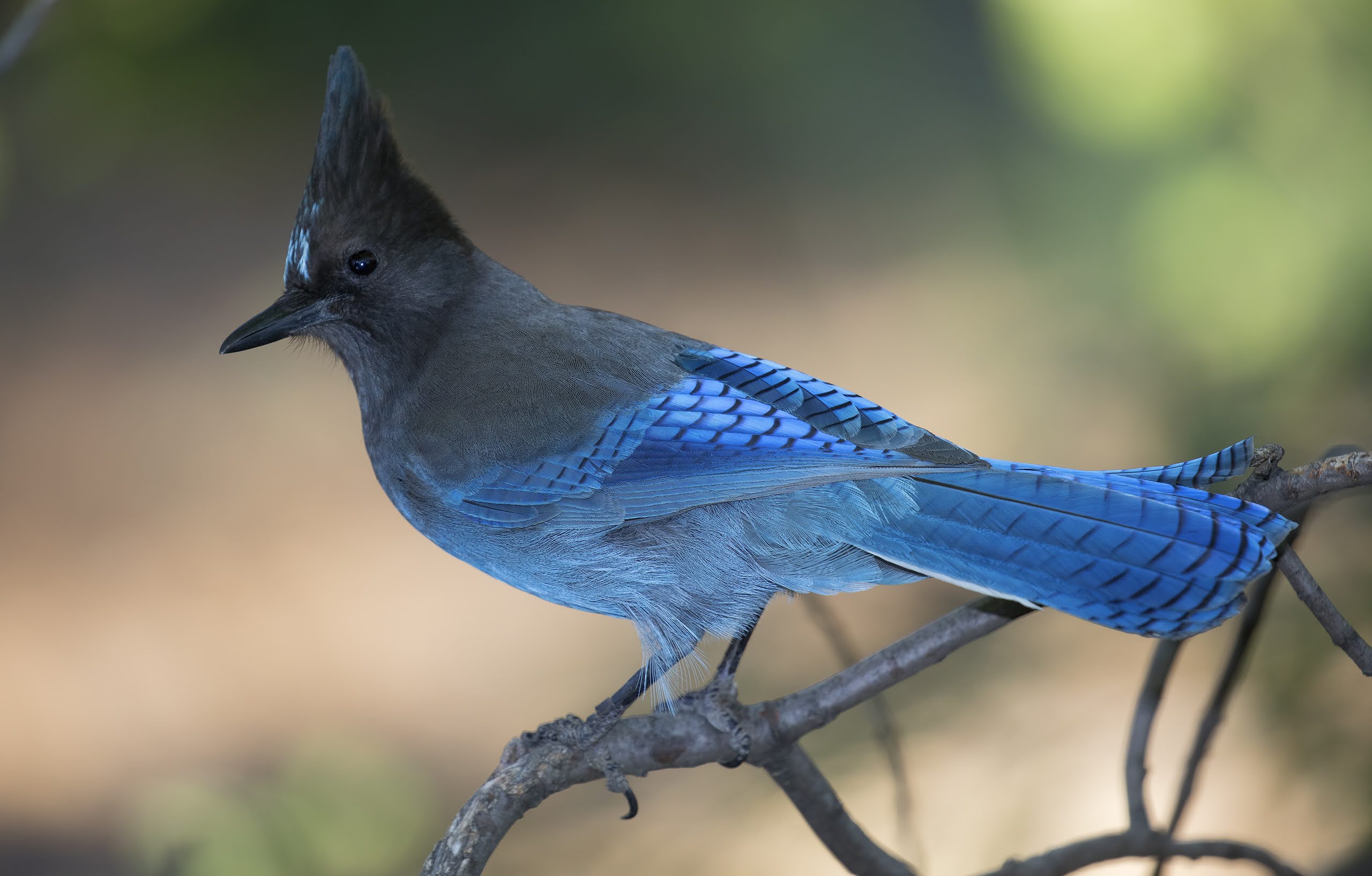Valentine Reserve opening and closing is weather-dependent, but generally is open from mid-June to mid-September. Our sister campus at SNARL is open year-round.
Check our Booking Calendars to see if we have space for your class or research visit
The reserve and associated facilities are available to all academic, non-profit, government agencies, and community groups that fall within the constraints of our education, research, and public service mission. Contact us with any questions regarding eligibility.
All requests for use must use the UC Natural Reserve System’s Reserve Application Management System (RAMS). If you are an existing user you can log into your account, or if you are a new user you can set up a new account on RAMS.
VISITS to any UC NRS sites must be associated with a PROJECT. A PROJECT may be a research project, a university class, a conference/workshop or other type of use. VISIT requests need to be reviewed and should be submitted at least three weeks prior to the intended visit. All VISITS must be associated with a particular PROJECT, so submit your PROJECT first.
PROJECTS are the place to describe what you plan to do on the reserve, such as teach a class or conduct research, or host a conference or workshop.
VISITS are the place to specify
- Dates – when would you like to visit
- People – who will visit
- Purpose – what you plan to do during that particular visit
- Amenities – facility related needs of your visit such as housing (cabins or camping spaces) and other facilities (laboratories, classrooms, and office space)
- Log into the UC Natural Reserve System’s Reserve Application Management System and click on Schedule a Visit
- Select an existing project or create a new project
- Purpose of Visit – Describe what you plan to do on your visit
- Select the Reserve you plan to visit
- Select the Amenities you will need to support your visit (for example: lodging, vehicles, laboratories, meeting rooms, staff assistance, and other facilities and services)
- You may submit many visit requests under any project, but you will need multiple projects if your visit involves different activities (teaching, research and workshops)
Researchers may apply for use through RAMS by creating a project under the ‘Research’ project type. Please describe your research project sufficiently such that the research question and methods are clear. If you are a researcher conducting your research project outside the reserve boundaries, but still using reserve facilities (e.g. housing, other space) you still need to submit your visit associated with a research project to utilize the reserve resources.
University classes may schedule visits to the reserve associated with a ‘Class’ Project type. This Project type (and the associated class rates) are only available to university classes with a university course number. Instructors and course leaders are fully responsible for the safety and behavior of their students. All users must agree to our Code of Conduct. It is the responsibility of the instructor to relay this information to the students and take full responsibility for their actions and behavior. We require that class instructors and trip leaders stay onsite with the students and supervise their activities during the entire stay. Our staff do not have the time, resources, or training to supervise students.
Housing Assignments
We are a small field station that supports a wide array of research and teaching activities. During our peak periods we fill every available bed. Our university-approved rate policy is based on a per person per night rate. We have the same base rate for all of our housing/ types of lodging which we will assign based on availability. We seek to group people into spaces by classes and research teams, and try not to mix unless we really need to do so. We will do our best to accommodate any special requests. While we understand that everyone would love to have their own room or their own cabin, that is often not possible here.
Private or Sole Use rates
If you desire your own private accommodations we have private or sole use rates which you may select to book an entire cabin, house or dorm for your sole use. For example the dorm can accommodate 25 people, however some classes prefer to have the entire dorm for their sole use even when their class size is less than 25, and if booked as ‘sole use’ we will not assign other students or researchers in any of the remaining spaces.
- Please do not pay in advance; we will send you an invoice following your visit.
- See the Rates and Payment Page for cost details.
- Users will be charged for the dates and the number of people they book at the time of reservation, unless they bring more people or stay longer.
- Please let us know as soon as possible if there are any changes to your reservation details. Users who do not let us know of cancellations within a 2 week window will be charged a fee.
- Payment may be made by UC recharge, by invoicing your college or university department, or by personal check or credit card.
- Invoices for payment will be sent to the group leader.
- The group leader is responsible for making sure each participant signs the waiver, and is aware of reserve policies and guidelines listed on the application and in the information packet on the application website.

